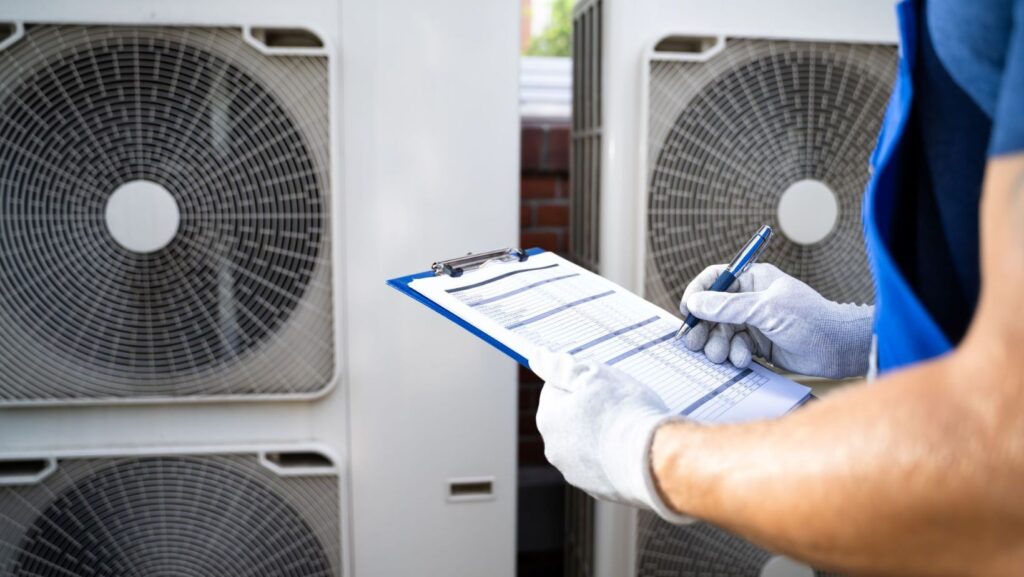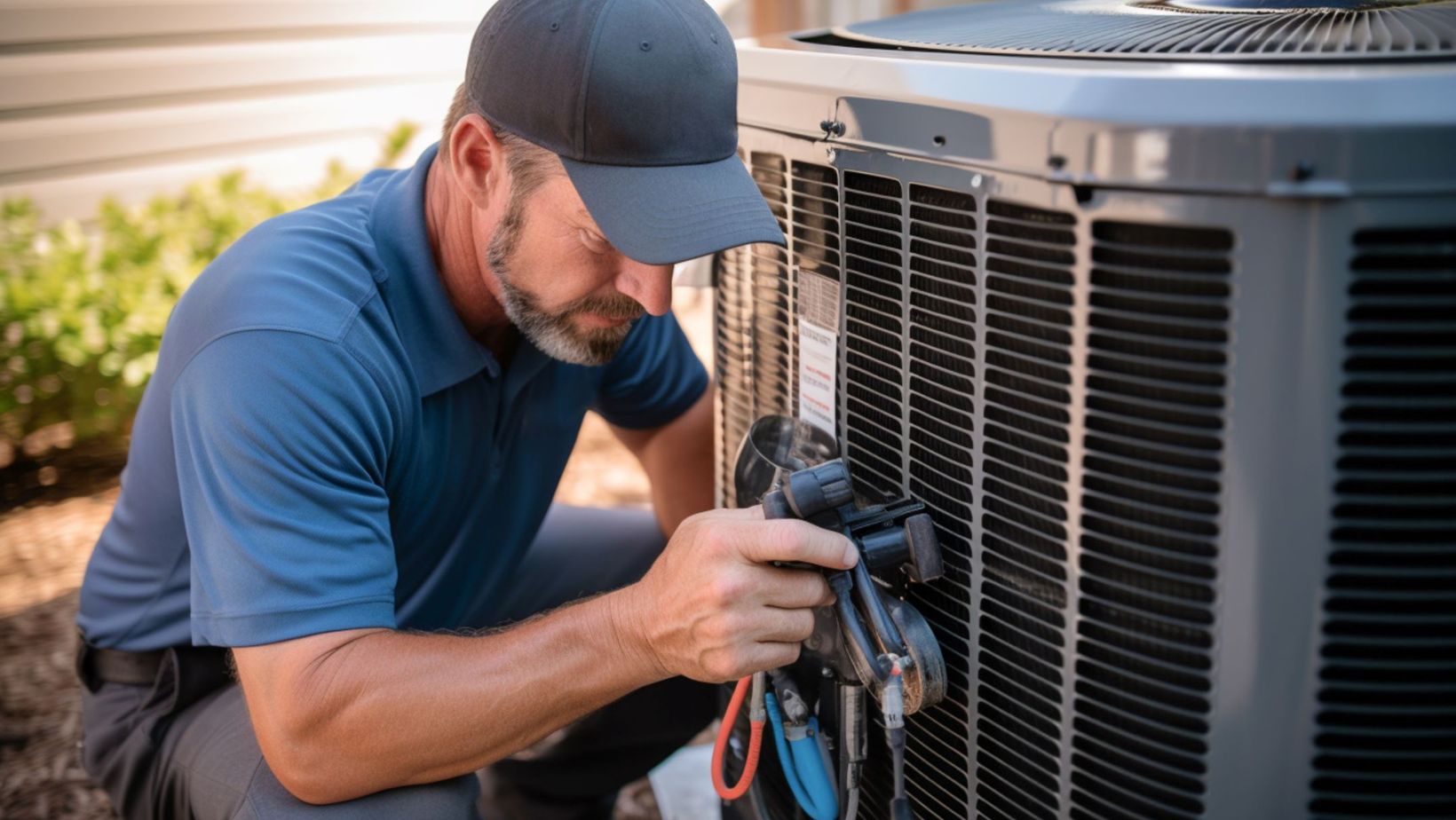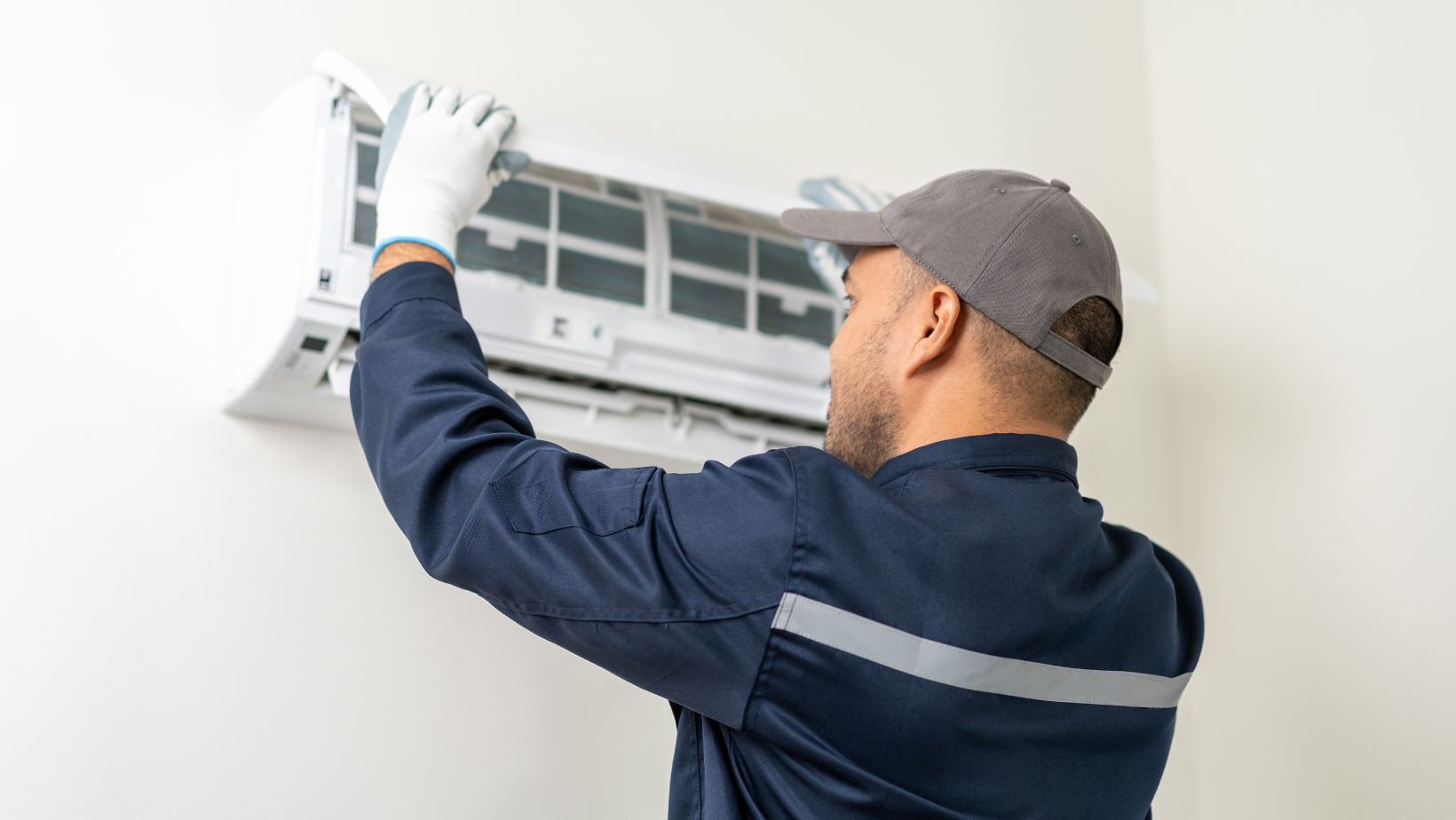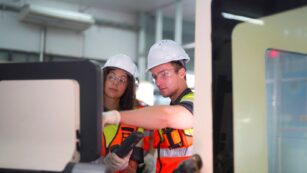
A well-functioning air conditioner (AC) keeps your home comfortable and helps you save on energy costs. But when it starts acting up—uneven cooling, strange noises, or higher utility bills—it can throw off your comfort and budget. Addressing these issues promptly is essential for restoring efficiency and ensuring your AC works as it should.
Luckily, you don’t need to be a professional to ensure your heat, ventilation, and air conditioning (HVAC) system remains in top condition. With a bit of know-how, you can handle many common issues yourself.
This article provides simple steps to help you repair your air conditioner. Read on for the details!
Inspect and Seal Air Leaks
Air leaks around your air conditioner or ductwork let cool air escape, making your system work harder. This wastes energy and raises your utility bills unnecessarily. So how do you avoid this?
Check your ductwork for cracks or gaps. For small leaks, use aluminum foil tape or duct sealant. If you notice bigger issues, consider calling a local professional. For instance, residents of the Kansas City area deserve the trustworthy service of a local, family-owned business like A-1 HVAC. Such experts understand your area’s unique needs and can provide reliable solutions tailored to your home.
Also, check for drafts around windows and doors and seal them with weatherstripping or caulk. Sealing these leaks keeps the cool air inside where it belongs. It’ll reduce the strain on your AC and cool your home more efficiently while lowering energy costs.
Clean or Replace the Air Filters
Dust and debris can quickly clog your air filters, blocking airflow and forcing your air conditioner to work harder. This extra strain reduces cooling efficiency and increases your energy bills.
To prevent severe damage, you need to check your air filters every one to two months. If they look dirty, clean them if they’re reusable or swap them for new ones if they’re disposable. For reusable filters, rinse them with water, use a mild detergent, and let them dry completely before putting them back.
Clean filters allow air to flow freely through your system. This reduces stress on your AC, helps it cool more efficiently, and keeps your home comfortable without wasting time.
Clean the Coils
The cooling and condensing units in your air conditioner are key to keeping your home cool. Over time, these coils can clog, making it harder for them to absorb and release heat.
Before cleaning the coils, remember to turn off the AC. Use a vacuum or soft brush to remove dirt carefully. If the grime is stubborn, apply a coil cleaning solution made for air conditioners. Be gentle while cleaning to avoid bending or damaging the fins.
Test and Calibrate the Thermostat
Your air conditioner might not always be the problem when cooling feels off. Sometimes, the thermostat control isn’t working properly, leading to uneven cooling and waste of energy.
Start by checking whether the thermostat is reading the temperature correctly. If it seems off or outdated, consider upgrading to a programmable or smart thermostat.
These modern options let you set schedules and adjust settings to save energy when you’re away, like turning the cooling down during work hours. They help reduce energy waste, save money, and maintain your home’s comfort levels without unnecessary strain on the system.
Ensure Proper Airflow Around the Unit
Airflow is essential for your air conditioner to work efficiently. When plants, debris, or furniture block the unit, it struggles to cool your home properly, which lowers its performance.
To ensure proper airflow, keep a clear space of at least two to three feet around the outdoor condenser unit. Trim overgrown plants, clear away debris, and ensure nothing is blocking the vents. Inside your home, check that furniture or curtains aren’t covering vents or registers to ensure indoor and outdoor parts work as they should.
Check the Refrigerant Levels
Refrigerant is crucial for your AC to cool your home efficiently. When levels are low, your system has to work harder, which increases energy use and can shorten the lifespan of your unit.
When repairing your AC, watch for signs that refrigerant levels might be low. These include weaker cooling performance, ice forming on the coils, or a hissing sound near the unit. If you notice any of these, reach out to a licensed professional to inspect and refill the refrigerant safely.
Lubricate Moving Parts
Your AC system has moving parts, like the fan motor and bearings, that keep it running properly. Without enough lubrication, these parts can create friction, reducing efficiency and causing damage over time.
To avoid this, check your air conditioner’s manual to know the parts that need lubrication. Use the oil recommended for your unit, and apply only a small amount to avoid over-lubricating. This will prevent unnecessary breakdowns and ensure your system stays reliable during hot days.
Schedule Regular HVAC Maintenance
Some air conditioning tasks are simple to handle independently, but others need a professional’s expertise. An HVAC technician can spot problems during annual home maintenance that you might overlook, helping to keep your AC unit in good shape.
Plan for a yearly AC tune-up, ideally before summer begins. During the visit, the technician will clean the system, check for any issues, and adjust to optimize performance. This will ensure your air conditioning system lasts longer and runs more efficiently. It also lowers the chance of expensive AC repairs and keeps your home cool without unexpected problems.
Conclusion
Taking care of your air conditioner is essential for keeping your home comfortable and energy efficient. With the above repairs and maintenance habits, you can enjoy a cooler house, lower energy bills, and a longer-lasting AC unit. Remember, while many tasks are easy to handle, don’t hesitate to call a professional when needed. A little effort and help can go a long way in ensuring your system runs efficiently all summer long.














